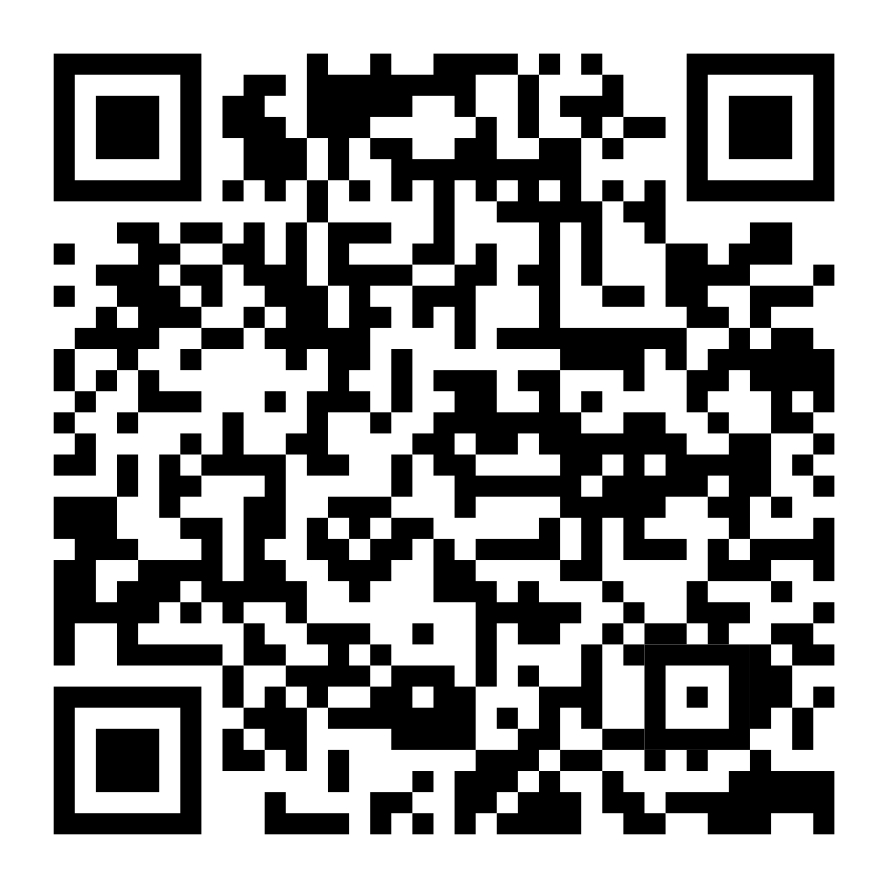Eksperimentasi Model Pembelajaran Blended Learning menggunakan OpenLearning dan Classrom Lesson Ditinjau dari Motivasi Belajar Terhadap Hasil Belajar Mahasiswa
DOI:
https://doi.org/10.23917/saintek.v1i2.1081Keywords:
blended learning, e-learning, motivasi belajarAbstract
Blended learning is a combination of different learning environments such as face-to-face learning (classroom lesson) with computer-based learning medium in the classroom combined with e-learning learning using the OpenLearning of Learning Management System (LMS) media compared to distance learning (virtual). This study aims to determine the effect of learning with the blended learning model in terms of learning motivation on student learning outcomes in the biology education study program of FKIP UMS. The type of this research is quasi-experimental quantitative research. The results of the study include: a) There is an effect of using Blended Learning with E-learning learning models on student learning outcomes; and b). There is an influence of strong, medium, and low learning motivation on student learning outcomes. It was concluded that learning the Blended Learning model by combining LMS OpenLearning and classroom lessons has an impact on increasing student motivation and learning outcomes.
Downloads
References
Atmazaki and Indriyani, V. (2019) ‘Digital Literacy Competencies for Teacher Education Students’, 335(ICESSHum), pp. 1010–1018. doi: 10.2991/icesshum-19.2019.156.
Diwangkari, N., Rahmawati, R. and Safitri, D. (2016) ‘Analisis Keragaman Pada Data Hilang Dalam Rancangan Kisi Seimbang’, Jurnal Gaussian, 5(1), pp. 153–162.
Fitriani, Y. (2020) ‘Analisa Pemanfaatan Learning Management System ( Lms ) Sebagai Media Pembelajaran Online Selama Pandemi Covid-19 Yuni Fitriani JISICOM ( Journal of Information System , Informatics and Computing ) JISICOM ( Journal of Information System , Informatics and’, Journal of Information System, Informatics and Computing (JISICOM), 4(2), pp. 1–8.
Ghozali, I. (2016) Aplikasi Analisis Multivariate dengan Program IBM SPSS 23, IOSR Journal of Economics and Finance. Semarang: BPFE Universitas Diponegoro. Available at: https://scholar.google.co.id/citations?view_op=view_citation&hl=id&user=K8g3CywAAAAJ&citation_for_view=K8g3CywAAAAJ:-f6ydRqryjwC (Accessed: 16 August 2022).
Haeruman, L. D., Wijayanti, D. A. and Meidianingsih, Q. (2021) ‘Efektivitas Blended Learning Berbasis LMS dalam Pembelajaran Matematika’, Jurnal Riset Pembelajaran Matematika Sekolah, 5(1), pp. 80–84. doi: 10.21009/jrpms.051.10.
Hartanto, W. (2016) ‘Penggunaan E-Learning sebagai Media Pembelajaran’, Jurnal Pendidikan Ekonomi, 10(1), pp. 1–18.
Hima, L. R. (2017) ‘Pengaruh Pembelajaran Bauran (Blended Learning) Terhadap Motivasi Siswa Pada Materi Relasi Dan Fungsi’, JIPMat, 2(1). doi: 10.26877/jipmat.v2i1.1479.
Jamco, J. C. S. and A. M. Balami (2022) ‘Analisis Kruskal-Wllis untuk Mengetahui Konsentrasi Belajar Mahasiswa Berdasarkan Bidanh Minat Program Staudi Statistika FMIPA UNPATTI’, Jurnal Matematika, Statistika dan Terapannya, 1(1), pp. 39–44.
Nakayama, M., Mutsuura, K. and Yamamoto, H. (2014) ‘Impact of learner’s characteristics and learning behaviour on learning performance during a fully online course’, Electronic Journal of e-Learning, 12(4), pp. 394–408. doi: 10.1007/978-981-16-6104-4_2.
Nasution, S. (2017) ‘Variabel penelitian’, Raudhah, 05(02), pp. 1–9. Available at: http://jurnaltarbiyah.uinsu.ac.id/index.php/raudhah/article/view/182.
Noviansyah, N. (2015) ‘Pembelajaran Bauran Blended Learning) Terampil Memadukan Keunggulan Pembelajaran Face-to-Face, E-Learning Offline-Online dan Mobil Learning’, At-Turats, 9(2), p. 75. doi: 10.24260/at-turats.v9i2.318.
Nurcahyanto, G. (2018) ‘Pengaruh Penerapan Blended Learning terhadap Hasil Belajar Mahasiswa Prodi . Pendidikan Biologi FKIP UMS pada Mata Kuliah Komputer Analisis Data The Effect of Blended Learning of Student ’ s Achievement of Biology Education Departement FKIP UMS in Compute’, 15, pp. 635–640.
Sagita, M. and Khairunnisa (2019) ‘Pemanfaatan E-Learning Bagi Para Pendidik Di Era Digital 4.0’, Jurnal Sosial Humaniora, 2(2), pp. 1–7.
Sanova, A. (2018) ‘Learning Management System (LMS) Sebagai Aplikasi Pengembangan Materi Interaktif Pokok Bahasan Daur Biogeokimia Berbasis Computer Assisted Instruction.’, Chempublish Journal, 3(1), pp. 21–31. doi: 10.22437/chp.v3i1.5078.
Shafira, D. A. and Minsih, M. (2022) ‘Blanded Learning dengan Desain Pembelajaran TPACK pada Tatap Muka Terbatas di Sekolah Dasar’, Jurnal Basicedu, 6(3), pp. 4622–4628. doi: 10.31004/basicedu.v6i3.2914.
Siregar, Z. and Marpaung, T. B. (2020) ‘Pemanfaatan Teknologi Informasi dan Komunikasi (TIK) Dalam Pembelajaran di Sekolah’, BEST Journal (Biology Education, Sains and Technology), 3(1), pp. 61–69. doi: 10.30743/best.v3i1.2437.
Sofiarini, A. and Rosalina, E. (2021) ‘Analisis Kebijakan dan Kepemimpinan Guru Dalam Menghadapi Kurikulum 2013 Era Globalisasi’, Jurnal Basicedu, 5(2), pp. 724–732. doi: 10.31004/basicedu.v5i2.668.
Sudjana (2005) Metode Statistika. Bandung: PT Tarsito.
Suhairi and Santi, J. (2021) ‘Model Manajemen Pembelajaran Blended Learningpada Masa Pandemi COVID-19’, Jurnal Ilmiah Indonesia, 6(4), pp. 1–23.
Syarif, I. (2021) ‘Pengaruh Model Blended Learning Terhadap Motivasi Dan Prestasi Belajar Siswa SMK’, Jurnal Pendidikan Vokasi, 2(2), pp. 1–16. doi: 10.22515/jenius.v2i1.3647.
Usmadi, U. (2020) ‘Pengujian Persyaratan Analisis (Uji Homogenitas Dan Uji Normalitas)’, Inovasi Pendidikan, 7(1), pp. 50–62. doi: 10.31869/ip.v7i1.2281.
Wati, I. and Kamila, I. (2019) ‘Pentingnya Guru Professional dalam Mendidik Siswa Milenial Untuk Menghadapi Revolusi 4.0’, Prosiding Seminar Nasional Pendidikan Program Pascasarjana Universitas PGRI Palembang, 12(1), pp. 364–370. Available at: e-mail: missindah49@gmail.com.
Widiara, I. K. (2016) ‘Blended Learning Sebagai Strategi Pembelajaran Di Era Digital’, Proseding Temu Ilmiah Nasional Guru (Ting) VIII, 2(November), pp. 227–237.
Widya, I., Pratomo, P. and Wahanisa, R. (2021) ‘Pemanfaatan Teknologi Learning Management System (LMS) di Unnes Masa Pandemi Covid-19’, Seminar Nasional Hukum Universitas Negeri Semarang, 7(2), pp. 547–560. Available at: https://proceeding.unnes.ac.id/index.php/snh/article/view/730.
Wiersma, W. and Jurs, S. G. (2009) Research Methods in Education. Boston: Allyn and Bacon.
Downloads
Submitted
Accepted
Published
How to Cite
Issue
Section
License
Copyright (c) 2022 Guntur Nurcahyanto

This work is licensed under a Creative Commons Attribution 4.0 International License.





